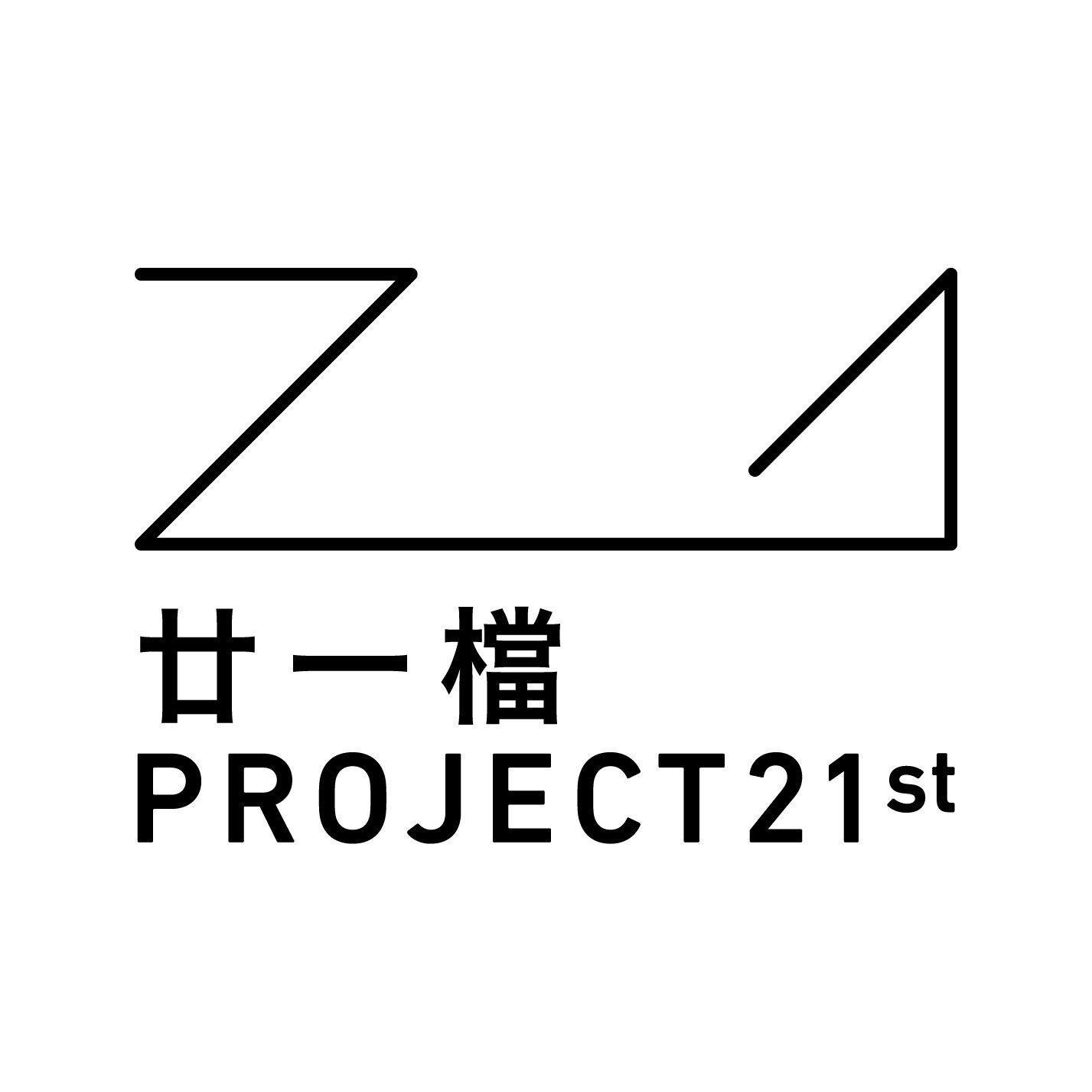A Series of Site-Specific Music Experience that Challenges the Concept of Music Performance
不一様的音樂體驗
Comprises of 4 out-of-the-box music events, #musicismore explores the nature of music as a happening, a phenomenon, a performing art that allows audiences to submerge in
4個不同的音樂體驗,包括互動音樂劇場,室內丶戶外裝置展覽及演出,讓公眾重新探索及感受音樂的豐富多樣及無限潛能。
Baleen (Hong Kong edition) 《觀鯨記》(香港版)
an interactive music theatre production that mimics a whale watching tour from Zurich-based performing arts group Kollektiv International Totem where audience becoming tourists
來自瑞士蘇黎世的表演藝術團體國際圖騰的互動音樂劇場,以音樂模擬一次沉浸式的觀鯨旅程,讓觀眾成為遊客
12-13.5.2023 | 8PM
13.5.2023 | 3PM
Blue Ocean Hall and Gallery, Hong Kong Maritime Museum
香港海事博物館碧海演講廳
Baker’s Lung 《肺怎忘餐》
a performance-based exhibition about bread making, with live music performances by Canadian professional baker and brass performers Felix Del Tredici and Kalun Leung
由加拿大專業麵包師暨銅管樂演奏家費利克斯與演奏藝術家梁家綸創作,一個結合專業烘焙經驗和長號演奏的現場音樂演出及裝置展覽
29.6.-13.7.2023
Black Box & Gallery, Goethe Institut Hongkong, Hong Kong Art Centre
香港歌德學院 歌德藝廊及黑盒子 (香港藝術中心)
Made in Laterland 《再生頻道》
a performance-based sound installation with revived musical instruments that explores the relationships between live and recorded music by Hong Kong composer Charles Kwong and sound artist Ho Tsz-yeung Jacklam
由香港作曲家鄺展維和聲音藝術家何子洋把破爛樂器重生及再造的聲音裝置及現場音樂演出
5-13.7.2023
Black Box, Goethe Institut Hongkong, Hong Kong Art Centre
香港歌德學院 黑盒子 (香港藝術中心)
Euphonia 《風力管風琴》
A site-specific performance-based sound installation with a newly invented 3D printed, upcycled wind instrument by Swiss/ Dutch artist Kaspar König
由瑞士/荷蘭藝術家卡斯帕.孔尼創作的戶外大型管風琴裝置及互動演出
21-29.7.2023
Peng Chau 坪洲
Because Music is More
We don’t precisely know what music was like when human beings made (or played) it for the first time, which is believed to be many thousands years ago, but it is certain that it should be nothing like what we think music is today - clearly it wasn’t some concerts where musicians perform on a stage surrounded by an admiring audience, and even less likely was it the kind of acousmatic sound files or music streaming services on our devices that allow us to play or stop anytime as we wish in a few clicks. In the old days, whenever music happened, it was never merely about the amusement in what was being played and what was being listened to, but rather, music always engages the people with something larger and something more.
Throughout history in all cultures around the world, music is always caught in situations that are never merely about the sounds being played and heard - Greek tragedies, tribal rituals, court processions, church liturgies, Noh theatre, operas, Wagner’s Gesamtkunstwerk, just to name a few. They are all music, but not just music. Whereas understanding music as “merely music”, and the concept of “absolute music”, both came only in very recent centuries, are ideas quite new considering how music has been taking place for a much longer time in our civilisations.
The origin of the word “music” comes from the ancient Greek word mousiké, meaning “the arts of the Muses”. Fascinating enough, in Greek mythology, the Muses are responsible for many things beyond what we understand as merely music today. Singing and playing of musical instruments are only a small part of the domain that is attributed to the Muses, who are also in charge of poetry, plays, astronomy, history, and even memory. To describe in today’s term, mousiké, or “the arts of the Muses”, would be something that we would label as interdisciplinary or transdisciplinary.
Arguably, the systemisation of musical practices under institutional efforts of firstly the conservatories then later also the academia and music industry helped to consolidate and streamline our understanding of music and in inheriting its traditions. However, it also somehow took away some of the borderlessness that music used to have in its earlier days. Nevertheless, in every generation, there are always musicians who dare to go beyond what is stereotyped by the so-called discipline of music, and create musical works and performances that encompass all kinds of wild imaginations and mediums.
The four works that #musicismore presents - Kollektiv International Totem’s Baleine, Felix Del Tredici and Kalun Leung’s Baker’s Lung, Kaspar König’s Euphonia, Charles Kwong and Jacklam Ho’s Made in Laterland - are all original works created by musicians as works of music that couldn’t be contained in the archetypical presentation of music as concert performances or soundtracks, but rather some one-of-a-kind experiences that can only be fathomed by being part of it. Striding into the realms of theatre, storytelling, designs, engineering, technology, and even, bakery, these artists and musicians as if returning to the spirit of music when it was first named mousiké after the arts of the Muses, exemplify the fact that there could always be more than music in music making, not because music is not enough, but only because music is more.
Sharon Chan, Charles Kwong
Curators, #musicismore
音樂,本身就點只音樂
人類最初創造或演奏的音樂是如何我們無從得知,那該是最少幾千年前的事了,但可以肯定,那時候的音樂跟我們現在理解的音樂是兩碼子的事——顯然那時候的音樂不是衣冠楚楚的音樂家在台上演奏給台下聽得如癡如醉的觀眾;更不會是現在我們在行動裝置中的唯聲檔案或串流音樂平台,隨時隨地輕按幾下就可隨心所欲播放或停止音樂。在古代,每當有音樂演奏,總不是只關乎演奏的娛樂性,而是對參與其中的人有著更大及更多的功能和意義。
從古至今在世上所有文化中,有音樂發生的處境許多時候都不會是只著眼於所演奏或聽到的樂聲——例如希臘悲劇、部族儀式、宮廷祭典、教會禮儀、日本能劇、西方歌劇、華格納的「整體藝術」樂劇等,都通通是音樂,卻又不只是音樂。而把音樂理解為「純音樂」,及後再發展成「絕對音樂」的概念,倒是近幾個世紀才有。相對於音樂在人類文明中的源遠流長,這些理解算是嶄新概念。
「Music」這個詞來自古希臘文「mousiké」,意思是「繆斯的本事」。在希臘神話中,繆斯女神們掌管的不單止是音樂,唱歌、演奏樂器只是她們職能的一小部份,詩歌、戲劇、星象、歷史,甚至記憶都由她們掌管。用今天的術語來說,「mousiké」,又或是「繆斯的本事」,或可會被我們標籤為跨媒介和跨學科。
音樂在近幾個世紀在學院制度以至音樂產業的助力下,塑造了我們對音樂系統化的理解和傳承。然而,這也某程度上除去了音樂本無界限的本質。儘管如此,每個世代總有些音樂家敢於踏出所謂「音樂範疇」的刻板定義,創作出富有無限想像及把其他媒介兼容並蓄的作品及演出。
#點只音樂製作的四個作品:Kollektiv International Totem的《觀鯨記》、Felix Del Tredici和梁家綸的《肺怎忘餐》、Kaspar König的《風力管風琴》、鄺展維和何子洋的《再生頻道》,全都是由音樂家創作的原創作品,但卻不能以慣常的音樂演繹方法來展現——既不是音樂會、更不單純是音樂錄音聲帶。四個作品各具別樹一幟的觀賞體驗,闖進劇場、敍事、設計、機械工程、科技,甚至烘焙領域之中,這些藝術家和音樂家像是回到音樂的本源,回到被稱為「繆斯的本事」的「mousiké」,親身示範音樂創作往往不單只關乎音樂,這不是因為單有音樂並不足夠,而是音樂,本身就點只音樂。
陳楚珊、鄺展維
#點只音樂 策展人
Selected Media Coverage 傳媒報導
The content of these programmes does not reflect the views of the Government of the Hong Kong Special Administrative Region
節目內容並不反映香港特別行政區政府的意見
Venue Partner 場地伙伴
Supported by 支持




